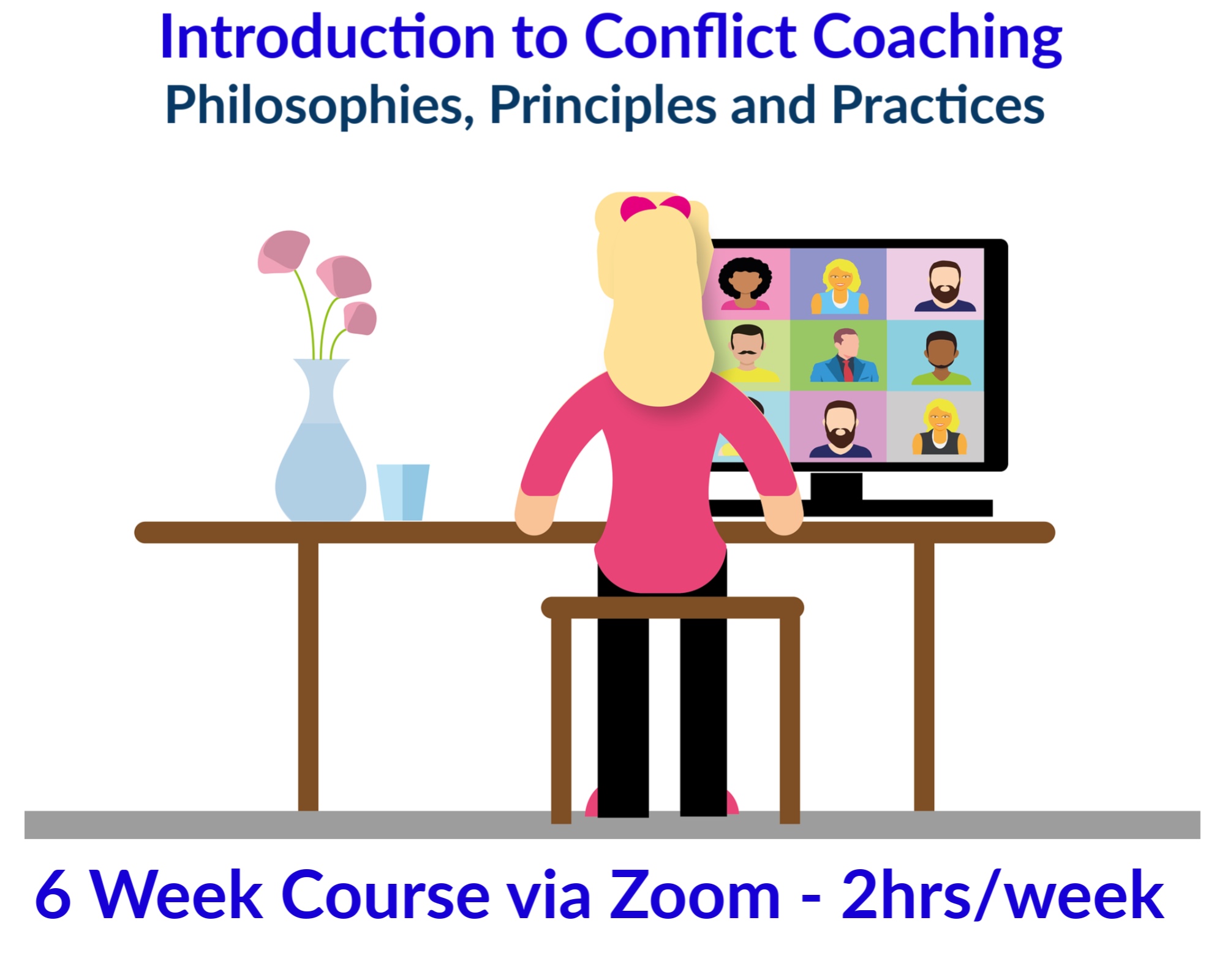Contact CAOS Conflict Management on 020 3371 7507
Student Accommodation Conflict
Training in Skills that Support Students in using Peer-to-Peer Resolution (P2P) of their Shared-Living Disputes
Student accommodation conflict is inevitable, just as conflict between neighbours is inevitable amongst the non-student population. While not all residents in either context will fall out with their next door neighbours or fellow students, there will, from time to time be some kind of difficulty over issues that arise simply as a result of sharing living space and trying to live in community with others.
In university student accommodation, students can sometimes fall out over issues such as:
- Who does their share of the washing up
- Cleaning common areas
- Playing loud music
- Respecting others' study needs
- Sharing bills
- Privacy issues
......and general 'lifestyle difference' conflicts that can easily arise within shared student accommodation.
Very often the main response to such situations by universities or their accommodation management organisations will be to advise students to 'make it formal' and enter a stressful and lengthy complaints process.
In addition to this, or sometimes instead of this, the university response will be to move one or more of the students involved which can be unsettling and even felt to be unjust by those moved, either because they feel they have been considered the 'guilty party' or because they feel they have been the victim and should not be the person moved and have suffered immense inconvenience because of their complaint.
Either way, these responses rarely contribute to a satisfactory student experience and can have ongoing impacts on the studies, wellbeing and mental health of all involved.
Accommodation managers can feel 'stuck' about what to do as no-one feels satisfied with the decision taken on the students' behalf but there is no clear breach of tenancy by those involved nor any other actions or behaviours that can justify punitive action of some form.
In such situations it is more appropriate for the students to be supported in creating their own resolution of their domestic 'falling out' by themselves through the use of Peer-to-Peer Resolution (P2P)
See this great article by Unipol about this very issue, written for parents of students living in student accommodation!
Student accommodation conflict can even become a useful learning experience for students if they are able to see that they have the capacity to resolve their living experiences by themselves.
Peer to Peer (P2P) Resolution of Student Accommodation Conflict
What is Peer-to-Peer (P2P) Resolution?
P2P occurs when the ideas for how to resolve a dispute are created by those directly involved, and the actions required to move towards resolution are carried out by those directly involved.
In most day to day interactions we all practise P2P, resolve our difficulty and move on, but sometimes we have not managed to move through a conflict in a way that works and so the issue remains unresolved:
"Oh for God's sake I told them to do their washing up and clear away when they've finished but look at this mess again and I have a lecture to go to in half an hour!"
Peer-to-Peer resolution can be challenging for anyone whether a student or not, but ultimately it is the students' responsibility as co-living partners to ensure that domestic duties are carried out and a respectful environment is maintained while living together.
Peer-to-Peer resolution of such disputes can be supported when university staff are equipped with the same communication skills used in mediation and conflict coaching to support others in resolving disputes by themselves.
Both mediation and conflict coaching are processes that do not 'fix' issues for people, but they do provide support that helps them to create their own answers to difficult situations and helps them communicate effectively about their difficulties.
The CAOS Encouraging, Supporting and Appropriately Expecting Peer-to-Peer Resolution Training Course has been designed as a consequence of demand for such skills within the university student accommodation sector and in consultation with universities and their accommodation management providers to provide non-adversarial responses and support for student accommodation conflict.
The 2-day training also provides an opportunity to review procedures, policies and practices within the accommodation management structure that may mitigate against P2P of student accommodation conflict where it is not necessary to do so and can instead be adapted to support its use.
"Very clear underlying philosophies and principles of practice which helped to be able to continually refer back to. Also the mixture of practice, doing this in groups as well as individually. I did find it all really helpful. I liked the pace and the way the content was presented." - Emma Jones - Exeter University
"All aspects of the two-day training work very well, very interactive. Very structured and allows for group discussion. Very useful handouts" - Michelle Mascoll - Paragon Student Housing - Notting Hill Housing Group
"Role-play exercises and group discussions made sessions interactive and practical so you could see how P2P can be implemented." - Darren Douglas - Student Union Support - University of West London
"Would very much recommend the course to other people. Having a chance to put 'principles' into practice worked well - making (many) mistakes along the way and learning from them." - Sally Morris - Student Welfare Team - University of West London
"Learning a new approach to dealing with disputes. It comes up a lot in the industry so it will help. Handouts were very useful. Will pass them on to my team." - Jamie Powley - The Glassworks - De Montfort University
"Small group, role-play was fun, very informative. Valuable information that I feel I can put into practice." - Rachel Morley - The Glassworks - De Montfort University
"The course exceeded my aims and expectations. It was so fascinating and I honestly found everything really interesting. I loved the activities – role play – I got better the more we did it. Learning about open questions so that they can fix it for themselves sometimes without needing our opinion." - Meg Donovan - Community Warden Coordinator at University of Birmingham Guild of Students
Drawing upon Mediation Skills to Support Resolution of Student Accommodation Conflict
While this training will not prepare attendees to provide the full mediation process it does introduce and give practice experience to attendees in the communication skills and principles of practice which are used by Mediators to support Peer-to-Peer resolution (P2P) in a wide range of contexts.
The Training Course Content is as follows:
How to Encourage, Support and Expect, where appropriate, Peer-to-Peer Resolution of Student Accommodation Conflict
This 2-day workshop for university student accommodation management staff covers the following:
Day 1
- Introduction to and direct practice of the communication skills that encourage and support P2P.
- Understanding how these practices differ from that of investigating and trying to 'fix' a student accommodation conflict.
- Developing the self-awareness and 'mindfulness' in relation to the practices to ensure any interventions support P2P towards effective resolution of disputes by the students themselves!
Day 2
- Further application of the skills learned on Day 1 and a review of Organisational practices and procedures that may inhibit P2P.
- How to establish an expectation of P2P amongst students where appropriate, and to understand it as an additional opportunity for learning arising from the student experience. (That it is possible to live in community and to resolve the inevitable conflicts that will arise in such situations)
As with all CAOS Conflict Management training the course is highly interactive and experiential giving a lot of opportunities for learning and practising the skills involved in supporting P2P as well as plenty of opportunity for constructive reflection, review and discussion of what is involved.
For this reason the maximum number of attendees is 8 for any course commissioned.
On completion of the course attendees will receive the CAOS Conflict Management Peer-to-Peer Resolution Support Skills Certificate.
We also offer the same course but with a focus on supporting Peer to Peer Resolution of student group work conflict.
How do I set up training for our university accommodation staff and how much does it cost?
If you'd like this training for your staff to give them another tool in their toolbox for dealing effectively and supportively with student accommodation conflict please contact us directly on:
020 3371 7507
Alternatively you can contact us by email.
The cost for this 2-day course is £2300 which includes the fee for the training plus any travel and accommodation costs. Venue and any other costs to be covered by commissioning organisation.
Thank you to pixabay.com for all of the images used on this webpage.
Join our Online course:
An Introduction to the Philosophies, Principles and Practice of the CAOS Model of Conflict Coaching - Click this link to find out more

CAOS Conflict Management
Working With Universities To Develop Their Use of Mediation and Conflict Coaching
Click here to download a leaflet about the benefits of introducing Mediation into a university community for use in the resolution of Student Complaints about their course and how CAOS Conflict Management can help with that.
‘Mediation awareness’ is growing, but there is still a surprising amount of ignorance about mediation in HEIs. It is often being introduced with other forms of ‘alternative dispute resolution’ where it has a local ‘champion’, someone who has realized its potential advantages. This can mean that, for example, only HR or Personnel or only Student Services have introduced such provision and the HEI as a whole has not yet become aware of its possibilities. G.R.Evans Project Leader August 2009
From WORKING WITH HEIs TO DEVELOP MEDIATION TRAINING a project report created by Improving Dispute Resolution - Transforming Policy and Practice in Dispute Resolution in HEIs
National Union of Students Review of Institutional Complaints and Appeals Procedures in England and Wales 2009
RECOMMENDATION 6: Institutions investigate the use of mediation as part of their procedures.
"It is likely that greater use of mediation in student complaints would result in better outcomes for both parties. It may not work in every case where relations between individuals have broken down irrevocably but would be a good starting point in most cases. Although, it can also mend broken relations in some cases." - page 18 of the Review.
If you are from a University or other HEI and would like assistance in integrating mediation into your complaints procedure or more widely within your Institution, please contact CAOS Conflict Management to discuss your interest on:
020 3371 7507
CAOS also provides Conflict Management Training for University staff including 'Managing Conflict in Teams' for Managers, Heads of Department, Administration Team Managers, Team Members etc.
Click here for more information about this training.



